Psychobiota
02/08/2023 15:40 Noticias
Many of the physical ailments of the modern world, from simple ailments to chronic diseases, are related to the intestinal flora. Today we know that, thanks to the dynamic relationship between our digestive tract and our brain, an unwell microbiota can cause mental disorders such as depression and anxiety. Thus, a new specialty was born: psychobiotics*.
Microbiotic wonders
The science of the gut-brain connection is often counterintuitive and full of surprises. However, there are dozens of completely unexpected gut-brain connections. For example:
■ Babies need bacteria from the digestive tract to develop properly. Studies in which mice are raised in a germ-free environment have shown that they are more anxious and exhibit certain cognitive deficits.
In order to develop the right connections, the brain needs gut microbes to be healthy and balanced, and this has to be established early. If they are given too late, the microbes cannot reverse the effect.
■ Our digestive tract can act like a brewery and leave us drunk. For a long time, it seemed like something incredible. In fact, the victims were suspected of secretly drinking alcohol.
Finally, the scientists found yeast that could grow in the small intestine and produce enough alcohol to make patients pissy. This was an unexpected gut-brain connection that was cured with antifungals and put an end to an ongoing hangover.
■ There are bacteria that live inside the tissues of our vegetables. Washing them only leaves the surface clean. Fortunately, for the most part, these microbes seem benign or even beneficial, but this only raises one question for the raw food movement: how do these microbes affect our minds?
■ There are amazing microbes that make animals do things that are dangerous or even lethal. A microbe of the genus Toxoplasma can make mice aroused by cat urine. It's a tremendous life strategy for the mouse, which works well for the microbes: with this disgusting mind trick, they will inevitably find their way into a cat. Once there, the toxoplasma can complete its perverse life cycle.
■ Only 1% of our genes are human, and they are relatively stable. However, our microbial genes (the other 99%) are in constant flux. If measured by our genes, we are a different organism every morning.
CONTINUE READING: https://www.larevistaintegral.net/psicobiotica/
IIDCA
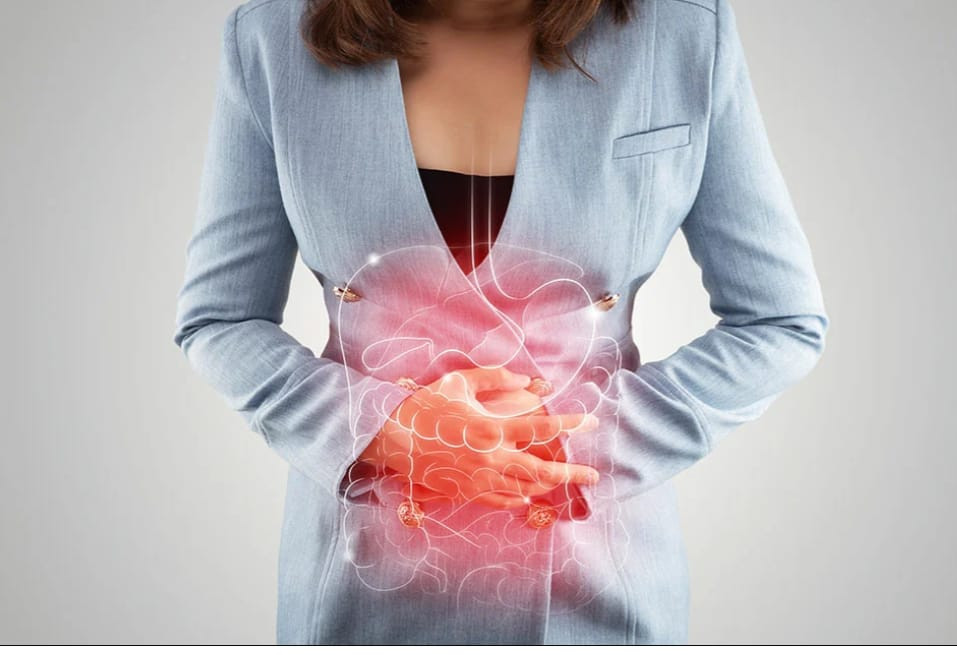






















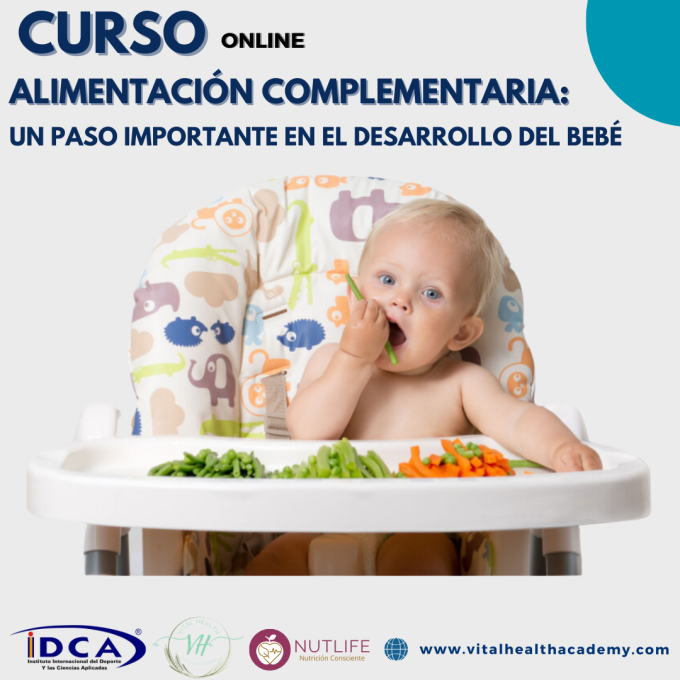








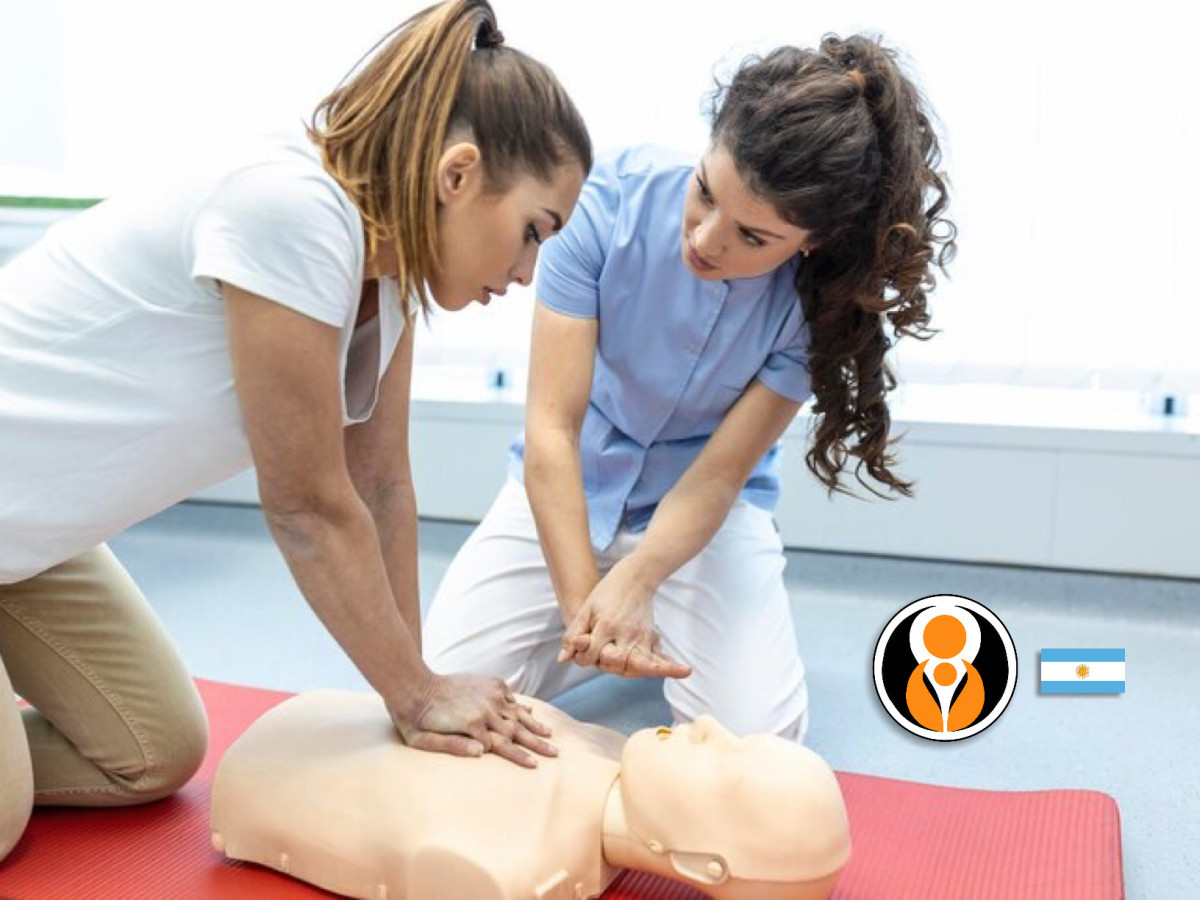




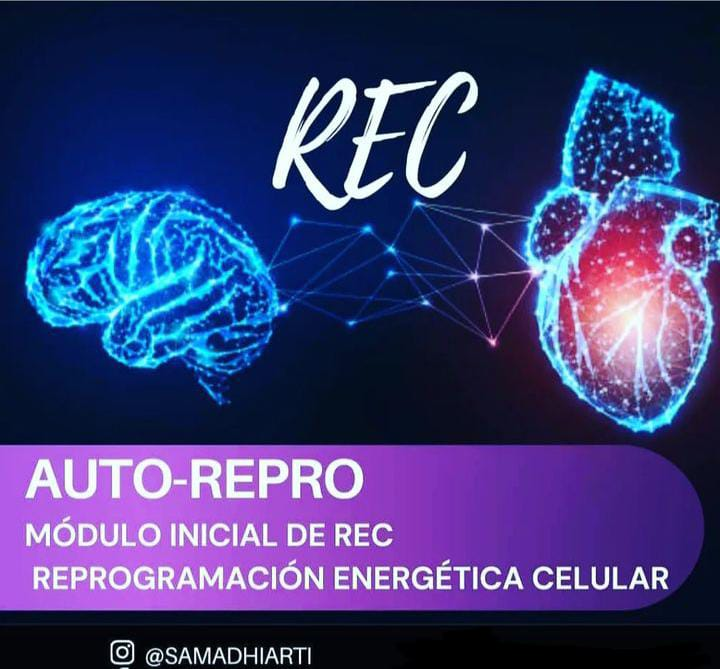
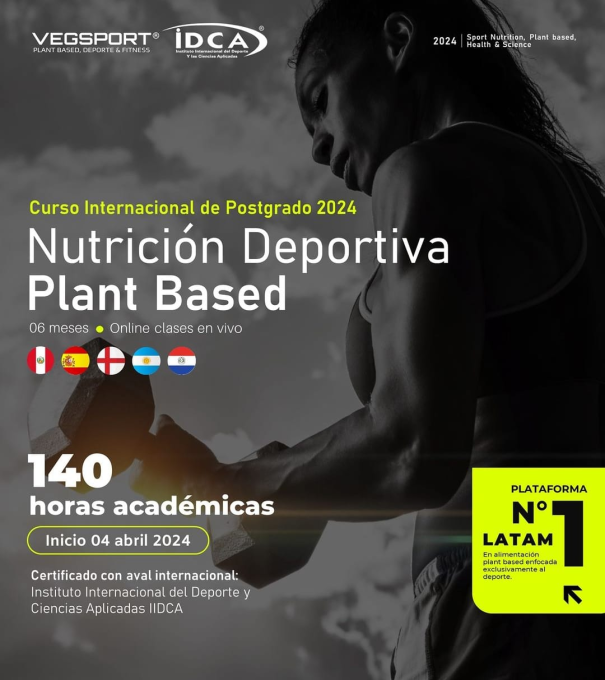





 Information about cookies
Information about cookies

